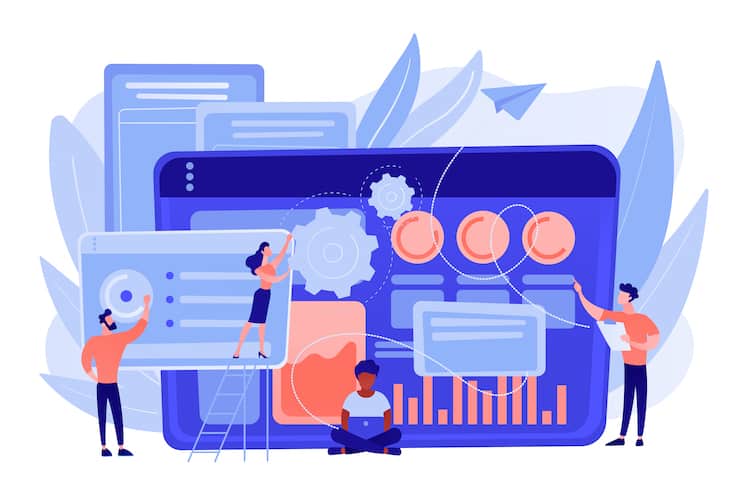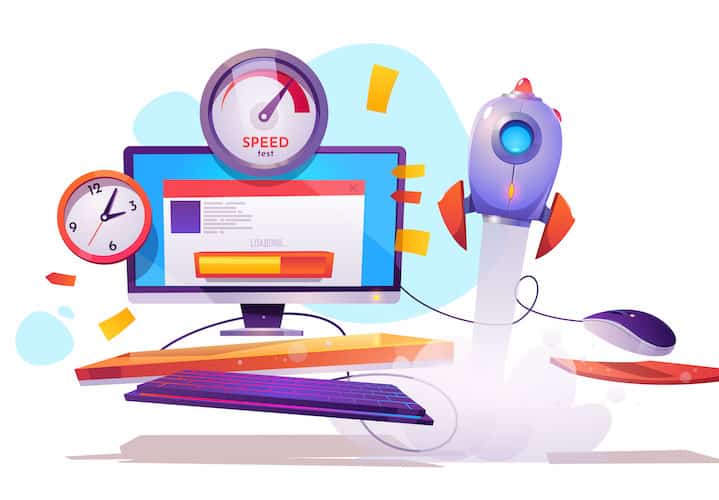As digital solutions continue to penetrate the health space, software developers are churning out multiple web applications to provide health solutions to a wide range of users. However, users seek dependable, easy-to-use, and highly secure web applications out of the pack to meet their various health needs. To get such solutions into users’ hands, software developers rely on PHP frameworks, and choosing the right framework remains the most crucial step in building efficient healthcare applications.
When choosing the best framework for healthcare app development, developers factor in the individual needs of the app, including data privacy and security, as well as data interoperability. To meet these requirements, many software developers choose Laravel — one of the most-in-demand web application development framework.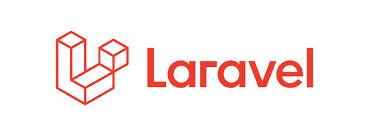
Table of Contents:
#1: Everything a business owner needs to know about Laravel
#2: How does Laravel address challenges in healthcare app development?
#3: Benefits of Laravel in building health applications
#4: Laravel for your next health app?
1. Everything a business owner needs to know about Laravel
Laravel, created by Taylor Otwell in 2011, has grown to become one of the most widely used and most compatible PHP frameworks for developing advanced web applications. This free framework is designed for building web applications using the model-view-controller (MVC) paradigm. What’s more, being an open-source framework, Laravel lets developers build various applications across different industries.
Laravel contains a wide range of built-in features and tools, including routing, authentication, template engine, database query builder, RESTful controllers, file systems, migration system, Envoy, and Artisan. All these tools may significantly speed up health app development. Without Laravel, developers would have to engineer all these elements from scratch. Furthermore, Laravel helps app developers manage multiple environments, enabling them to easily switch from one platform to another.
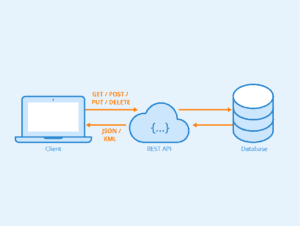
Image credit: Krzysztof Kramarz via ResearchGate
In Laravel, the foundation for web applications has already been laid. All developers need to do is customize their projects to meet the unique needs of the intended user.
2. How does Laravel address challenges in healthcare app development in the pandemic setting?
Digital health is a sensitive industry as it has to deal with sensitive patient data and protected health information (PHI) provided in health solutions. There is PHI in a wide range of health applications, including wellness apps, mental health apps, and medical chatbots.
Related: 5 Bold Steps to Build a Healthcare App
However, given the sensitivity of this sector, development for these apps is met with various challenges, including authorization, data privacy, and data interoperability.
Authorization
If there’s one thing important to health app users, it’s the privacy of their information in the app. So for many developers, the question arises: how do you maintain secure authorization and restrict access to user data in health applications, complying with the established data privacy rules? Laravel has the answers.
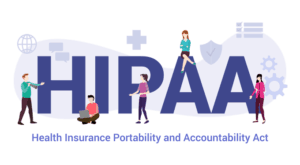 In addition to the built-in authentication system that allows developers to configure models, controllers, and migrations to build an authentication mechanism, Laravel uses two add-on mechanisms to authorize user actions on web applications: gates and policies.
In addition to the built-in authentication system that allows developers to configure models, controllers, and migrations to build an authentication mechanism, Laravel uses two add-on mechanisms to authorize user actions on web applications: gates and policies.
Also Read: HIPAA Compliant App Development: The Complete Guide
Gates are closure-based approaches that authorize a given user action. Using this tool in Laravel, software developers can code in “gates” that would deny or allow access to specific user actions. An example of this user action could be accessing a URL that is associated with a patient’s profile. If this user doesn’t have the necessary roles or rights granted, then the system would deny access.
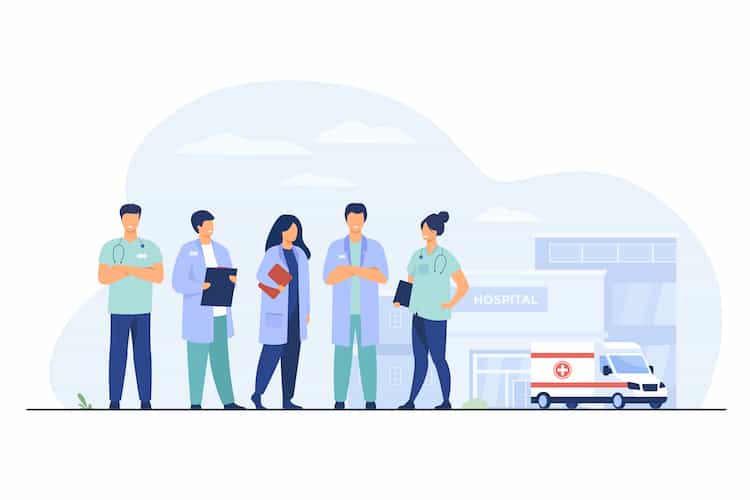 Likewise, Laravel provides tools to generate policies, which are classes that organize authorization logic around an app resource or model. That means that within the logic of the application, a user can be prevented from completing an action that would be saved to the app’s database.
Likewise, Laravel provides tools to generate policies, which are classes that organize authorization logic around an app resource or model. That means that within the logic of the application, a user can be prevented from completing an action that would be saved to the app’s database.
Data Interoperability
One of the pillars of digital healthcare is the exchange of data between systems. For instance, data from wearable devices may need to be shared with healthcare providers in a different part of the world so that they can make informed and personalized recommendations for a user. Laravel has a built-in migration system, as well as controllers and views, to make data sharing more efficient.
Furthermore, Laravel has developed the Laravel carbon package, an API that allows health systems to manage data and time discrepancies using a PHP code. This will enable developers to schedule calls, consultations, and meetings on the app more effectively.
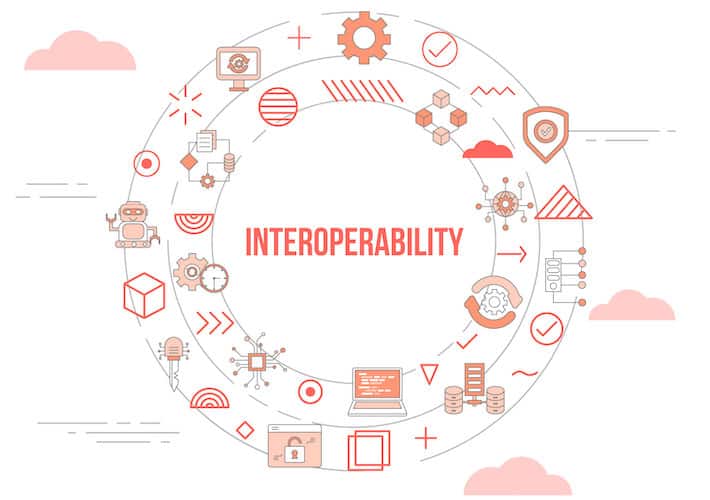
3. Benefits of Laravel in building pro-active health applications
Leveraging Laravel’s wide range of features and tools, developers can overcome the challenges peculiar to the development of healthcare applications. Furthermore, the PHP framework also has other benefits to help software developers build more efficient health apps. These include:
Seamless traffic management
Healthcare applications involve massive data input from users, from vital signs monitored on wearable devices to personal information and healthcare concerns posted directly via an app — medical apps process lots of data every day.
Laravel has an efficient message queue system that allows load balancing and speed enhancement to ensure a free flow of data. Queues allow developers to defer the processing of a time-consuming action and speed up others, such as web requests. Laravel helps programmers with tools to configure and run queues to achieve seamless traffic management.

Data security
In addition to the authentication and authorization tools, Laravel offers such features as Eloquent and Fluent Query Builder to protect an app’s data. Using these tools, Laravel blocks off SQL injections that may damage your app database.
Using Laravel, healthcare software developers can also generate an Application key (aka Encryption Key on Laravel 5 and above) that uses cookie classes and encryption to produce encrypted strings and hashes.
What’s more, Laravel protects your application from cross-site request forgery (CSRF) by using a Form Classes Token method that creates a unique CSRF token. This token ensures that an app request is coming from your application and not from an intruder.

Numerous built-in applications
Laravel comes with multiple integrated applications and features to reduce the overall cost of building your apps and to help your app run more efficiently.
These include route caching for speeding up app route registration, especially for healthcare app development that involves a large number of routes. Laravel also provides support for multiple file systems, which allows developers to use local or cloud-based storage when building healthcare apps.
Laravel also contains pre-installed libraries, such as the Authentication library, not available on other PHP frameworks. The Authentication library includes several features: CSRF protection, password reset, and encryption that combined provide strong data security.

Load Management & Debugging
With Laravel 5.7+, a new feature called Laravel Telescope is available to help debug and monitor query times and database calls. With various watchers, there is an easy-to-read dashboard that will show you gate records, job dispatches, and model and query executions and times. All these tools will help you assess the load that your application has at any given time and to see if the responses are becoming longer. As a result, you get an early notification that optimizations are required on your application’s code or server setup.
4. Laravel for your next health app beyond COVID-19?
For developers seeking to build efficient, user-friendly healthcare applications, Laravel remains the go-to open-source framework. Leveraging Laravel’s exciting features, web developers will continue to add more digital tools to the healthcare landscape, effectively solving patients’ and medical personnel’s challenges.
Schedule a call with us to learn how your healthcare app can benefit from using Laravel.
